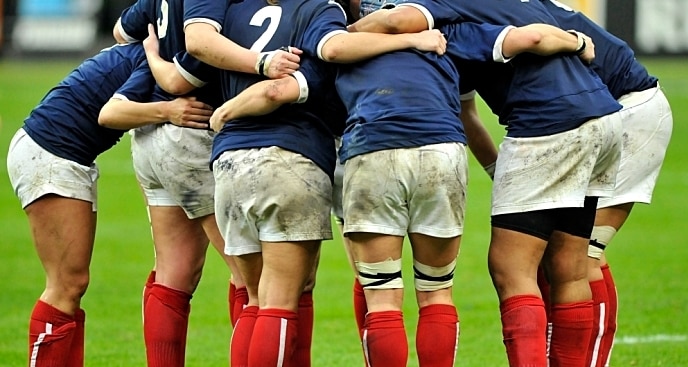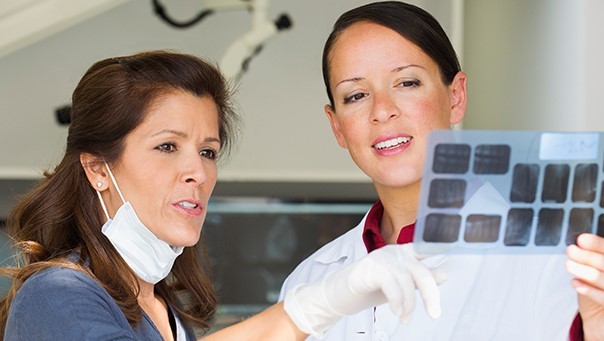-
-

BRUSHING & FLOSSING
How to BrushWhat Is the Right Way to Brush?
Proper brushing takes at least two minutes — that's right, 120 seconds!...

BRUSHING & FLOSSING
How To FlossWhat is the Right Way to Floss?
Proper flossing removes plaque and food particles in places where a toothbrush cannot easily reach... -
Science & Innovation
- Home
- Oral Health
- Do You Need Emergency Dental Care?


It is important to know what kinds of injuries require emergency dental care, so you can make sure that your family's teeth are taken care of, while avoiding unnecessary trips to the dentist. Accidents can happen at any time of the day or night. Some oral injuries may need immediate treatment from an emergency dentist, while others can wait until your dentist's normal business hours.
Some common types of mouth injuries include cracked, broken, or knocked out teeth, which can be a result of biting on a piece of food that is too hard, a sports-related injury, a fall, or many other types of accident. Depending on the severity of the injury and where the tooth is located, it is possible that a chipped tooth can wait for a call to the dentist during normal business hours.
However, if the crack is severe, there is a large piece of the tooth missing, the fracture involves the tooth "nerve" or the tooth is knocked out completely, you should seek immediate attention from an emergency dentist.
While you are waiting, if the tooth is knocked out try to handle it as little as possible. See if you can put the tooth back into its socket (if it is a permanent tooth). Folding a small piece of foil or cloth over the area can keep the tooth in place. Biting down on moistened gauze or a wet tea bag can also help. Be very careful not to swallow the tooth.
If you can't get the tooth to stay in its socket for the journey to the dentist or accident and emergency department, keep it in a container of milk, saline, the patient's own saliva or wrap it in cling film, until a professional can see you. You can apply a cold, wet compress to help with any bleeding coming from the tooth socket.
Sometimes the problem won't be as clear-cut as a knocked out or broken tooth; you may find yourself dealing with severe tooth pain, from an abscessed tooth, for example. If you think you need to see an emergency dentist, call your dentist's clinic first. The clinic may be able to get you in for an appointment quickly, as dentists often leave slots in their schedules open for such emergency cases.
Even if you know the clinic is closed, go ahead and call. There may be an emergency number or instructions on the answering machine. If none of these options work, head to the nearest accident and emergency department. The staff there can help determine whether the injury can wait for your dentist and can possibly provide pain relief medication to help alleviate symptoms in the meantime.
Related Articles

If you have been experiencing problems with a tooth, you may wonder, "Do I need a root canal filling?" Root canal fillings, also known as endodontic therapy, are performed when the nerve or pulp of the tooth becomes infected

When people are told that they need a root canal therapy, they often worry that it's going to be painful.

The goal of the root canal therapy is to save a tooth that is severely infected. As Dental Health Services Victoria puts it, a dentist performs the procedure to replace damaged or infected pulp in the tooth's root canal with a root filling.
This article is intended to promote understanding of and knowledge about general oral health topics. It is not intended to be a substitute for professional advice, diagnosis or treatment. Always seek the advice of your dentist or other qualified healthcare provider with any questions you may have regarding a medical condition or treatment.
Related Products

Helping dental professionals
More professionals across the world trust Colgate. Find resources, products, and information to give your patients a healthier future








